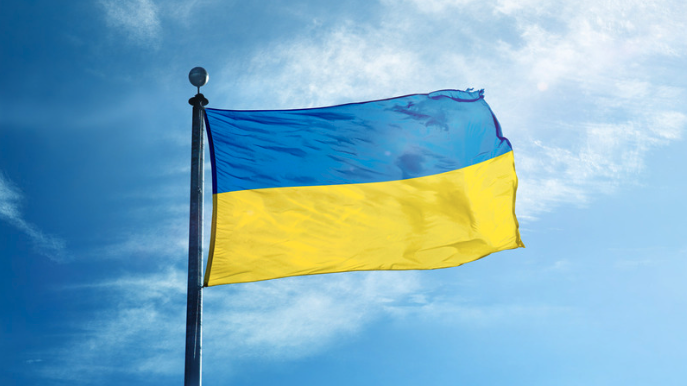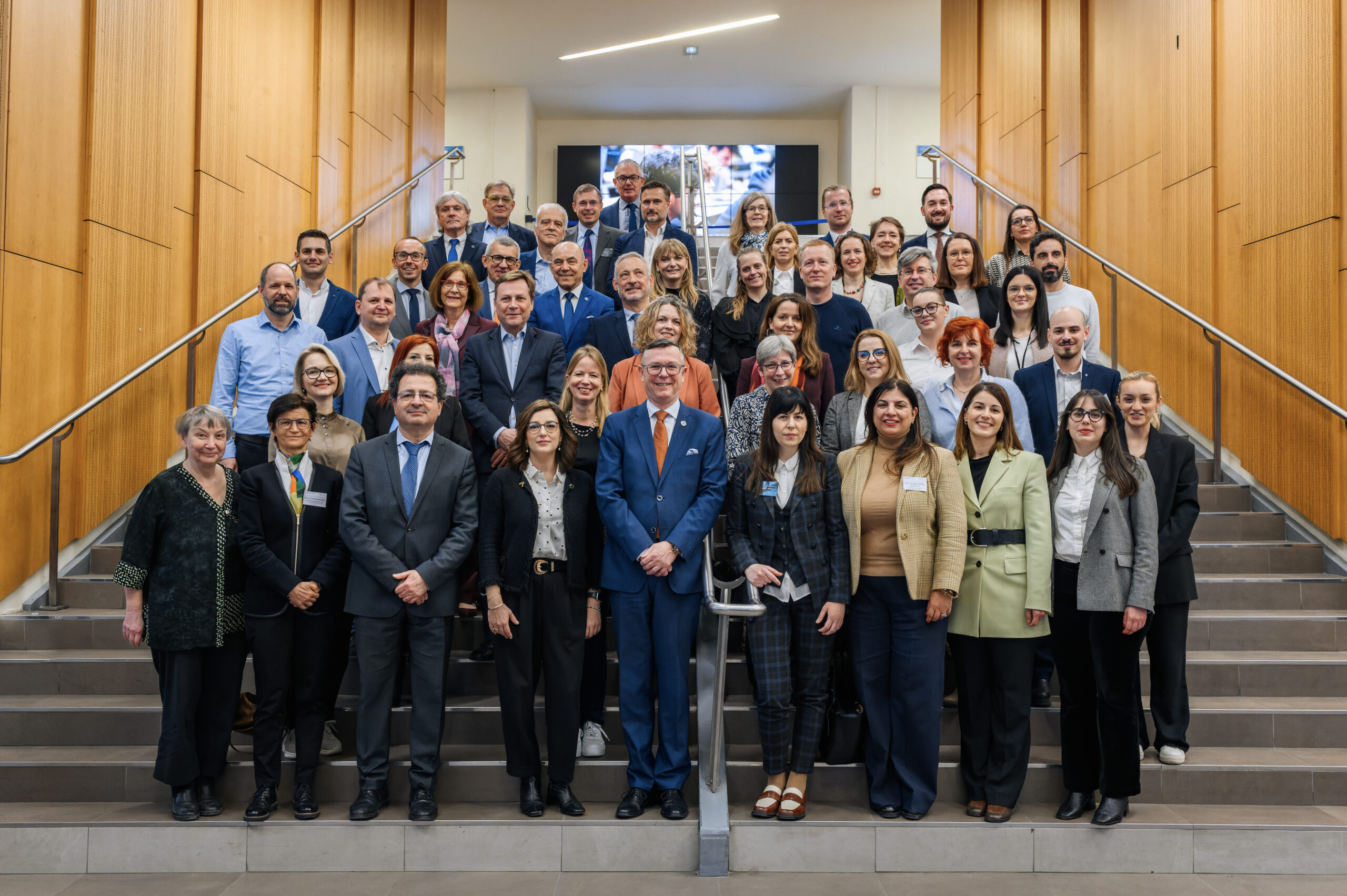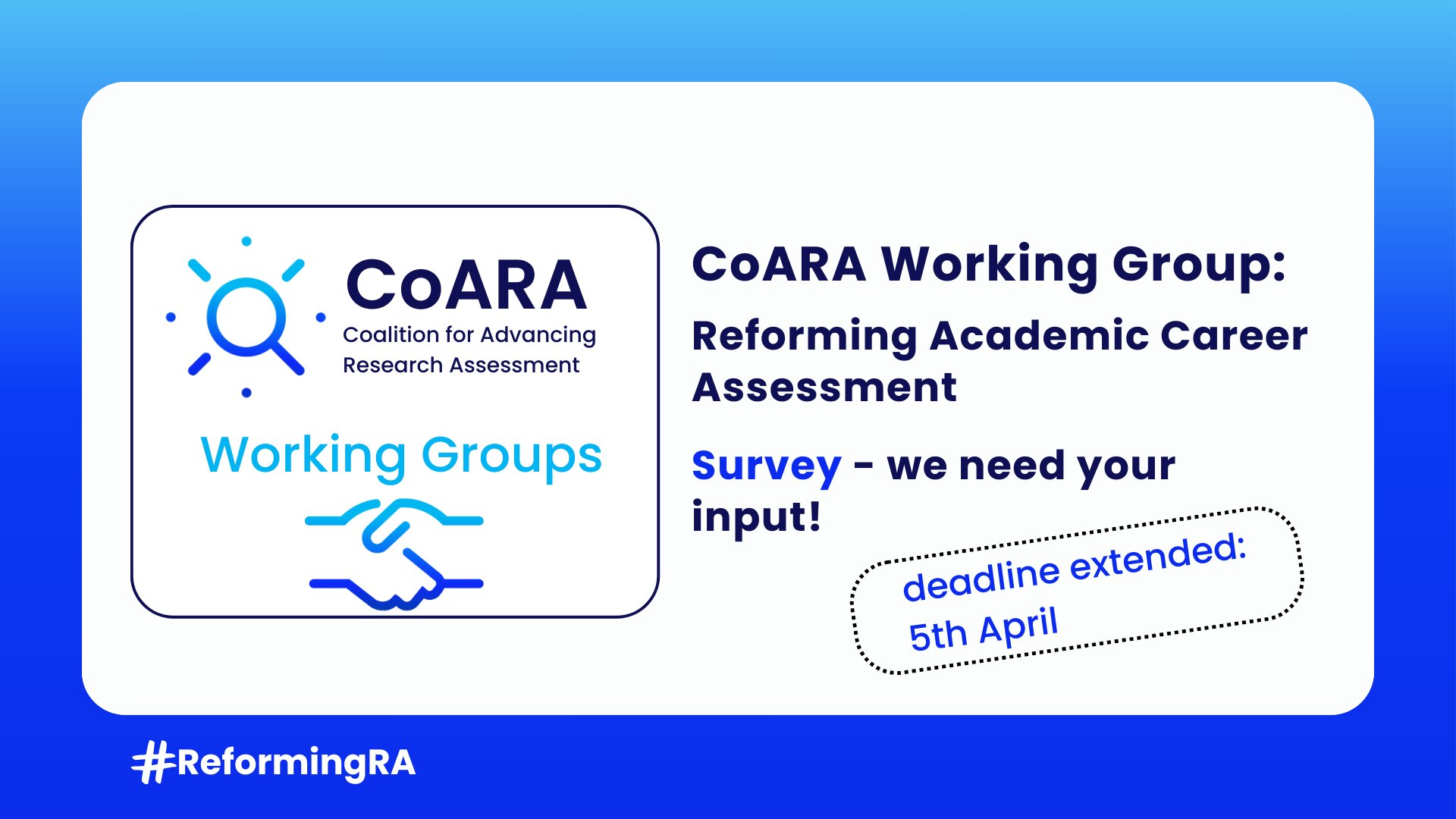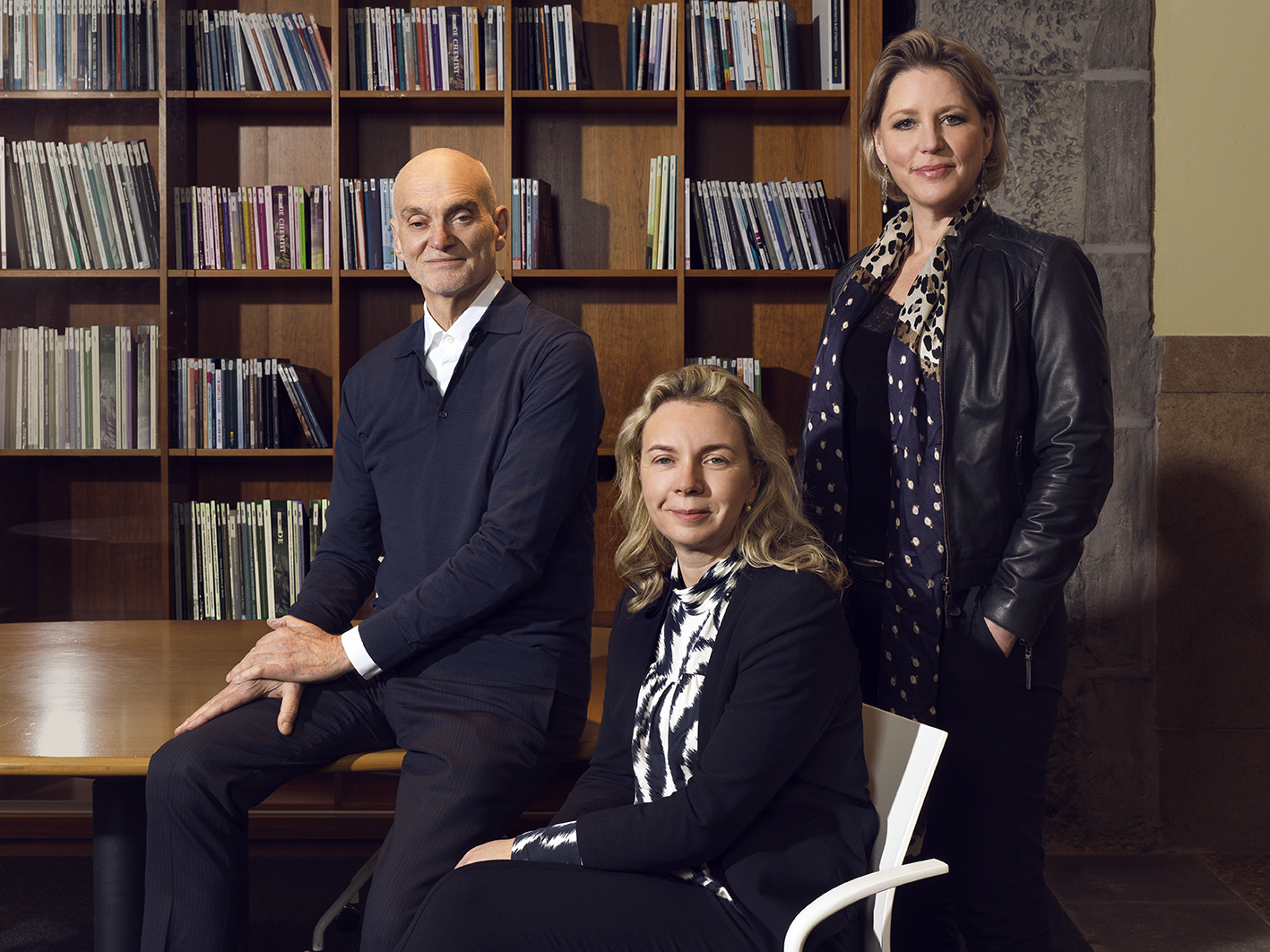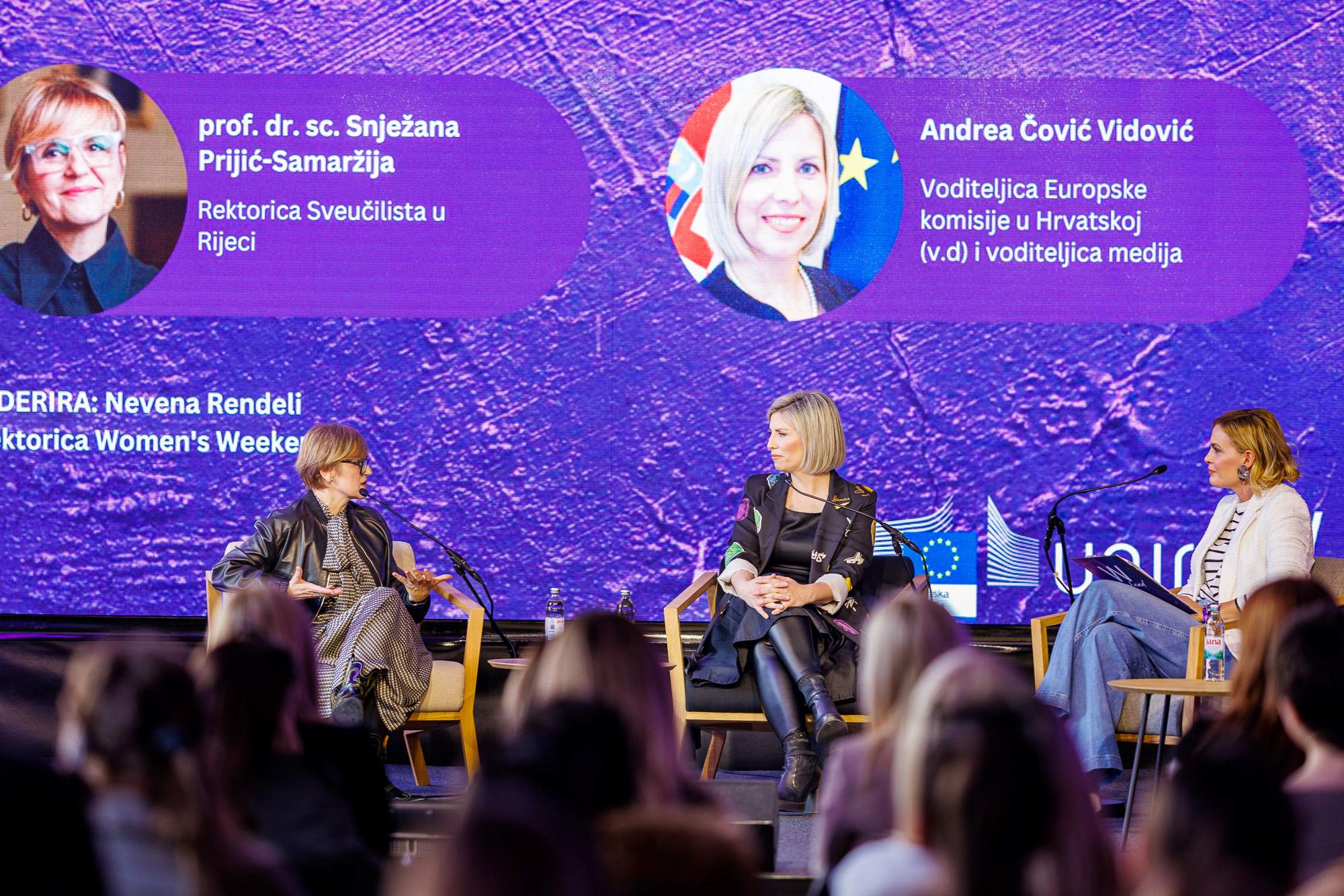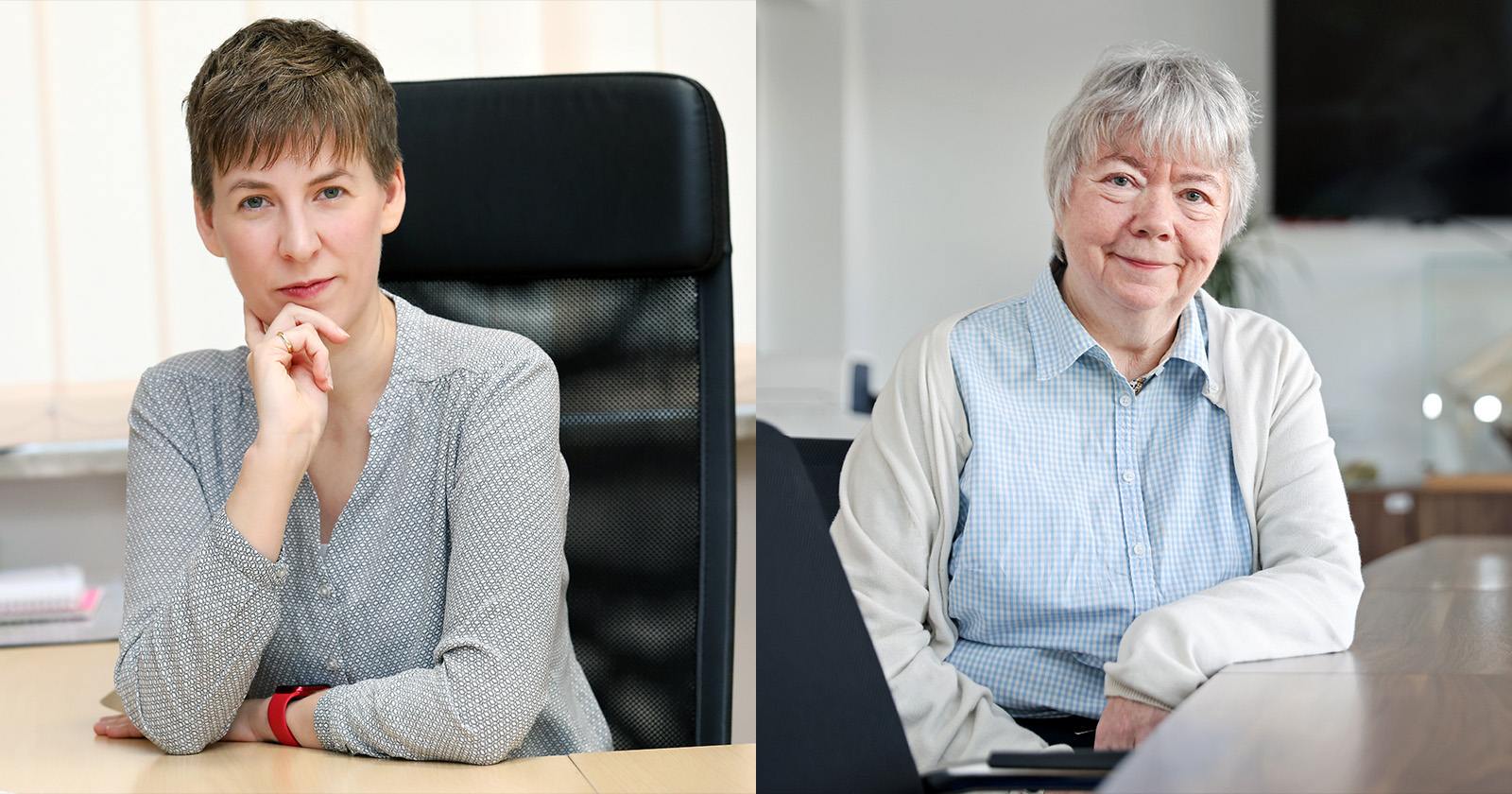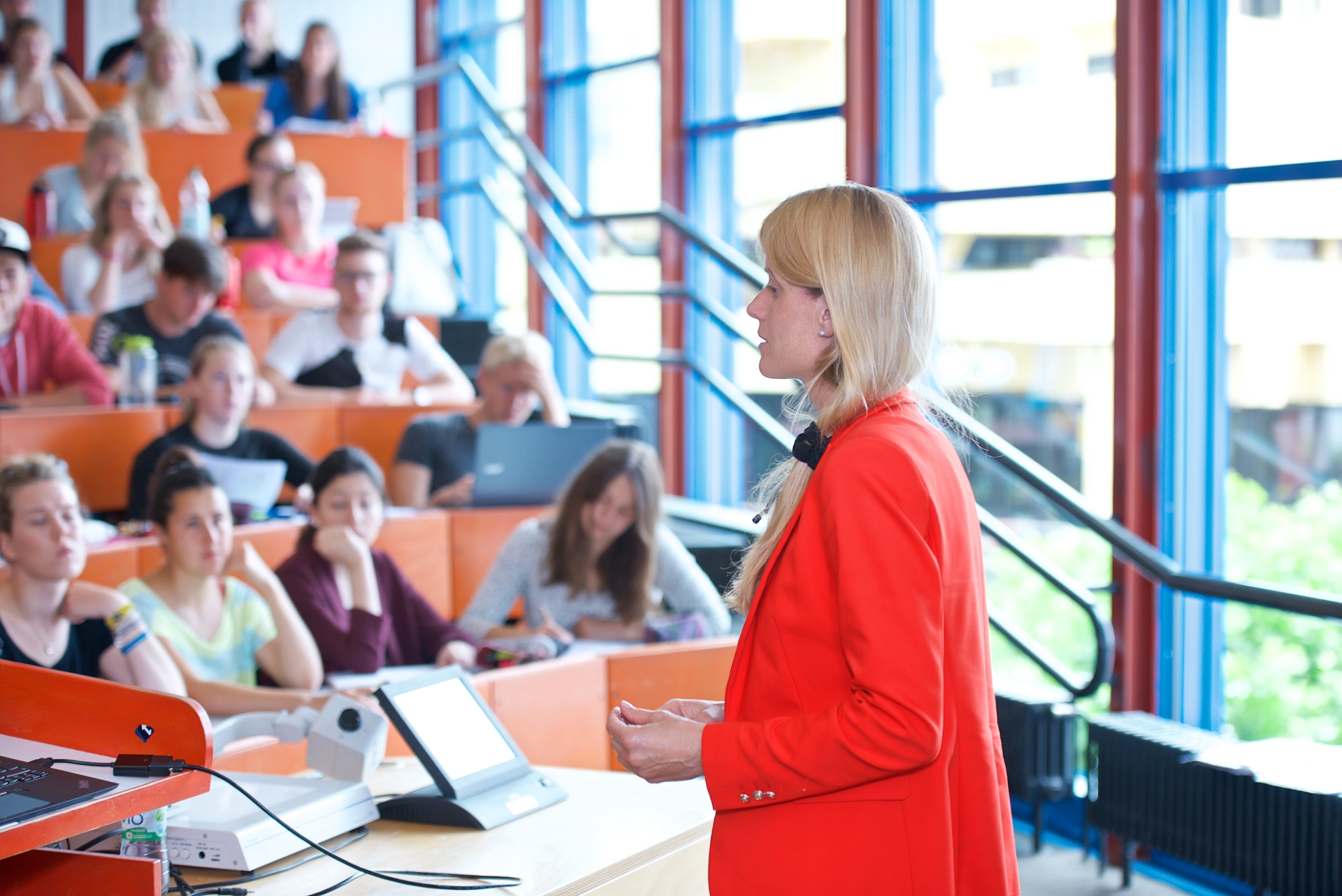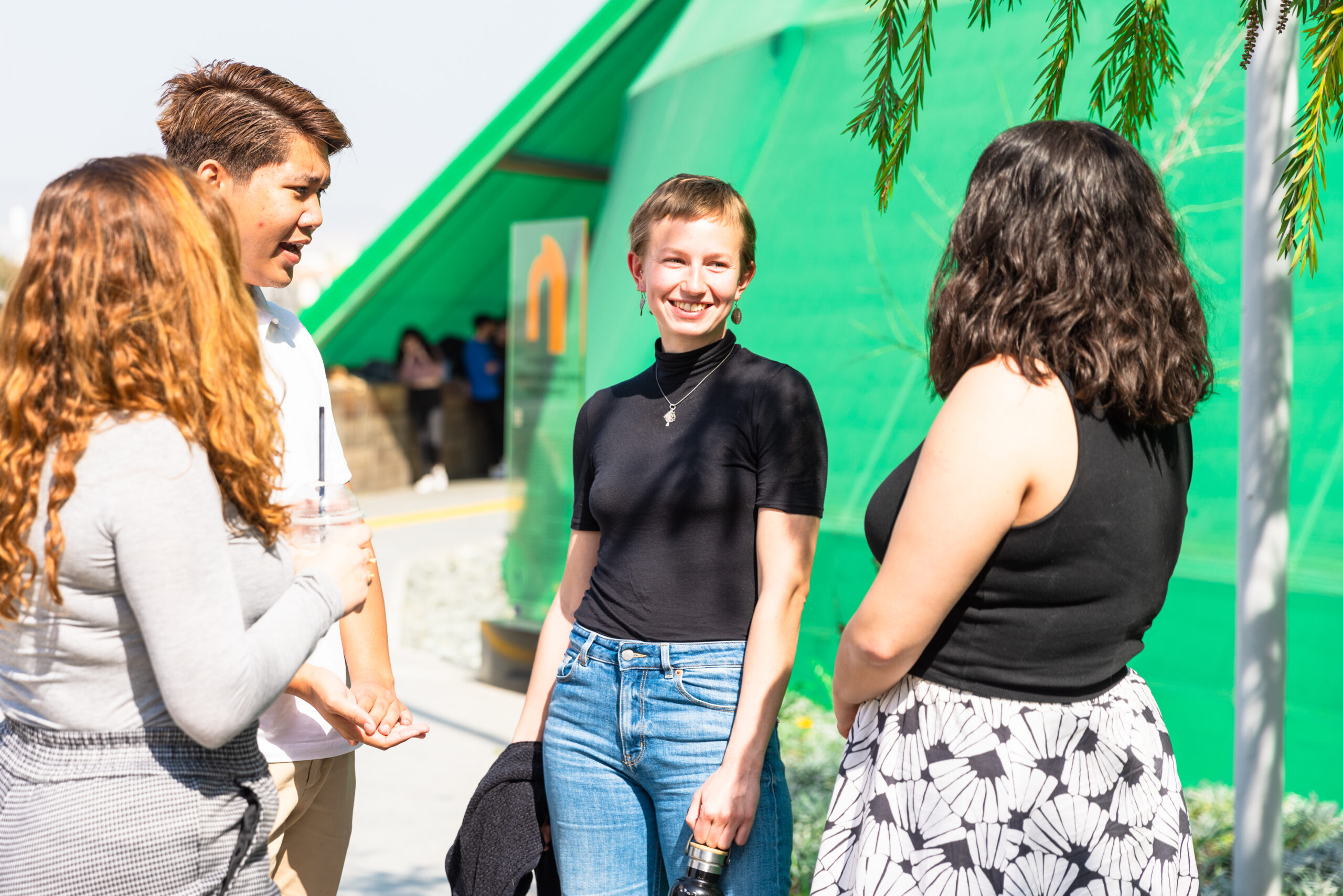Almost four weeks since the Russian invasion of Ukraine, war on the European continent goes on. Lives continue to be endangered, dreams continue to be broken and the European values continue to be challenged every passing day. Given the urgency of this terrible situation, the university sector has been mobilising in different ways to help those affected by the war. YERUN has had a look at what its member universities are doing and this article brings together the many initiatives by which they are playing their part. This article will continue being updated with new initiatives by the YERUN members, as they appear.
Supporting students and researchers affected by the war
Naturally, universities have a close look to Ukrainian students and researchers, who are seeing themselves robbed of the possibility to continue their studies and work in their home country. Here are some examples of how universities are giving them a helping hand:
Universidad Carlos III de Madrid (UC3M) is facilitating the admission of undergraduate students from Ukrainian universities so they can continue their studies at UC3M, and implementing specific measures so that students in their final year of pre-university education in Ukraine are able to start undergraduate studies at UC3M. In addition, they will have the possibility of accessing bridging and introduction programmes for university studies, and they will be granted financial aid so they can carry out their studies, as well as free Spanish and English courses at different levels. UC3M will also offer specific financial aid for undergraduate students enrolled at UC3M this academic year, whose family residence is in Ukraine, and who are experiencing economic difficulties due to the war. For Ukrainian postgraduate students, grants will be awarded for university Master’s degree studies with the aim of providing them with the necessary resources to carry out their studies at UC3M. Regarding research staff, three types of stay will be offered: visiting professor, for their integration as teaching and research staff in UC3M departments; research stays, for their integration into UC3M research groups; and financial support for women researchers and professionals to carry out a research project. The administration and services staff will be provided with stays for their integration into the University’s administrative services. All information can be found on this dedicated webpage.
At the University of Bremen, refugee students from Ukraine can access the Bremen state programme HERE AHEAD (Academy for Higher Education Access Development), that offers language and study preparation. The University of Bremen also facilitates the access to its international Master programmes as well as guest student enrolment and provides assistance for refugee scholars to access the programmes of DAAD (German Academic Exchange Service), Volkswagen Stiftung and Alexander von Humboldt Stiftung. The Research Centre for East European Studies of the University of Bremen is collecting donations for its own scholarship programme, the Hans Koschnick Scholarships. The different support options for students and researchers have been collected on this dedicated webpage, which also contains information for citizens who would like to get involved.
The University of Konstanz (UKon) set up a donation drive (#UniKN_hilft_Ukraine). The money raised will be used to provide fast and direct financial assistance for Ukrainian students currently studying in Konstanz or for Ukrainian students and researchers who are in danger or have fled their country. UKon also provides additional support for students who are in danger or have fled Ukraine: the International Office extended the scholarships of exchange students from Ukraine who are currently in Konstanz using its own funds and, in cooperation with Seezeit student services, organized accommodation for the students. The International Office also supports exchange students from Ukraine with going to Konstanz as planned in the summer semester. In addition to this, the International Office assists students currently in Ukraine, especially at partner universities, who want to leave Ukraine and study in Konstanz. Ukon also provides additional support for researchers who are in danger or have fled Ukraine. Ukon’s Welcome Centre advises Ukrainian researchers and departments in applying for third party funding. The team also coordinates nominations, and provides assistance beyond subject-specific matters. In addition to providing financial support, the university’s International Office assists refugee researchers with networking, for example, by helping them contact the university’s departments. The university’s Research Support team provides advice for submitting applications for funding (research proposals, in particular) and gives guidance on questions of how to integrate refugee researchers in research projects. UKon’s Zukunftskolleg offers non-monetary support in the form of office space or private housing, as well as financial support including limited-term scholarships. All information can be found on this dedicated webpage.
At Ulm University, pragmatic support measures are currently in the works for Ukrainian academics who are already at Ulm University (or other institutions in the federal state). Tuition fees for state universities have been waived both for current Ukrainian students as well as for future refugees from Ukraine. On 9 March, Ulm University’s board held an informative meeting and a panel discussion about the impact of the war on the scientific community. Given that about 100, 000 refugees from Ukraine are expected to study at German universities in the future, the discussion focused on how Ukrainian students and researchers can be best supported to enroll or work at Ulm University. In October, Ulm organised a “Welcome Event” to connect the new Ukrainian students with their fellow local students and to learn about available support offers. Furthermore, during the event, the President of Ulm University, Professor Michael Weber, and the Rector of the Ukrainian Free University (UFU)in Munich, Professor Maria Pryshlak, signed a Memorandum of Understanding. From now on, the two universities want to collaborate in the education of Ukrainian students. All support initiatives for students and researchers have been collected in this dedicated webpage.
The University of Potsdam is organising language courses for incoming students and researchers and offering regular psychological support. The University has created online repositories collecting advising offers for international students, for students and prospective students who are refugees, for international doctoral candidates and for students in a degree programme with relations to Russia. The page also collects useful links to seek mental and financial support, resident status information and other types of help. Moreover, the Welcome Center Potsdam offers initial consultations and the following services: information on research and funding opportunities; identification of potential hosts for making contacts; becoming part of the UP community means that you have access to all of the services provided by the Welcome Center; mediation of additional help and support, inside and outside of the UP. All information can be found on this dedicated webpage.
At the University of Klagenfurt (AAU) students with Ukrainian citizenship will have their tuition fees waived for the summer semester 2022 and they can assert the state of war as grounds for taking a leave of absence in the summer semester 2022 until 30 April 2022. Students who are prevented from attending courses on campus due to the war in Ukraine have the option of participating in courses and exams online. Support in cases of hardship is provided by the Student Social Fund, while AAU’s International Office and the Austrian student union (ÖH) provide support in the form of information and assistance. The registration deadline for the MORE programme in the summer semester 2022 will be extended until 30 April 2022 for refugee students with Ukrainian citizenship. AAU and ÖH are providing German language courses for incoming students and researchers from Ukraine and psychological help and support is offered by the Psychological Counselling Centre. AAU’s Welcome Service is offering initial consultations for Ukrainian academics who are in Klagenfurt and help to identify and get in touch with potential hosts. Access to the 24-hour library is granted free of charge. AAU is also working on establishing support programmes for Ukrainian students and academics. All information is collected on this dedicated webpage.
The University of Eastern Finland (UEF) participates in a joint initiative established by Finnish universities to help people fleeing the war in Ukraine. They offer different kinds of study opportunities for people who have been granted temporary protection by the Finnish Immigration Service. Currently, they are also offering Ukrainian students arriving in Finland an opportunity to apply for admission to non-degree studies free of charge. The Open University courses are also available to people fleeing the war free of charge, and they are offering opportunities to apply for admission to English-taught Master’s and Bachelor’s degree programmes. In September 2022, UEF received 400,000 euros of funding from the Ministry of Education and Culture of Finland to expand its provision of tuition-fee free study opportunities in English available through the Open University for beneficiaries of temporary protection, including people fleeing the war in Ukraine. More information can be found here and on this dedicated webpage.
UiT-The Arctic University of Norway supports the Norwegian Government’s clear condemnation of the Russian invasion of Ukraine. At the same time, the university will do its utmost to take care of its staff and students from Ukraine, Russia and Belarus and is prepared to make a great effort to be able to receive refugees from the war. UiT currently offers Norwegian language training for foreign students and employees at three different campuses and at three different skill levels. UiT has the opportunity to increase admission to a wide range of English-language courses and programs – both at bachelor’s and master’s level – to accommodate Ukrainian refugees. There are several formalities that must be in place for Norwegian universities to actively contribute to receiving academic refugees from Ukraine, Russia and Belarus, both as students and employees. UiT is working on solving these issues and has addressed these in a letter to the Norwegian Government. All information on support for students and researchers can be found on this dedicated webpage.
The University of South-Eastern Norway (USN) is setting up a working group to follow-up on the refugee situation. The group will meet regularly to share information, identify needs and propose measures within USN’s societal outreach mandate related to Russia’s invasion of Ukraine. Relevant measures would be offering language courses in Norwegian, in order to prepare Ukrainian students for studying there, receiving researchers through the SAR (Scholars at risk) program, offering work training and mentoring courses to refugees, volunteering activities like language cafes and activities involving staff and students etc. During the refugee crisis in 2015, USN took part in the national academic “dugnad” (volunteering institutions) for refugees. The experiences from 6 years back will now be relevant and valuable in the light of a new possible refugee crisis in Europe. More information can be found here.
Maastricht University’s Executive Board has sent letters to students and staff coming from Ukraine, offering them supportand practical information. Students and staff from Russia and Belarus have also been contacted and offered support. Here is a list of useful links for students regarding finance and study, health and wellbeing and visa.
Some students may find it difficult to focus on their work during these challenging times. At Brunel University London, support is provided to staff by Brunel’s employee assistance programme, and to students via the student support and welfare team, policies and financial hardship support fund. In addition, Brunel’s chaplaincy team is available for staff and students to have an informal conversation if they need. Moreover, anyone who feels their academic work is being affected has the possibility to talk to their tutor or refer to the Extenuating Circumstances policy for support. All the initiatives that have been put in place so far at Brunel are collected in this dedicated webpage.
University of Essex is partnering with the Council of At-Risk Academics (CARA) to offer support to scholars who are at-risk as a result of the invasion and war in Ukraine. UEssex will also ensure that Ukrainian students remain able to join the University community through the establishment of special scholarships to support current and future students, alongside other practical, financial and wellbeing support that are available now for all who are affected by the conflict. More information can be found here.
The University of Rijeka (UNIRI) Foundation is constantly in contact with students from both Ukraine and Russia who would like to continue their education in Rijeka. UNIRI wholeheartedly supports their decision and encourages all students and scientists to contact the UNIRI Vice-Rector for Studies, Students, and Quality Assurance, Prof. Marta Žuvić, Ph.D., at marta.zuvic@uniri.hr.
The University of Cyprus (UCY) has announced the award of 10 scholarships to Ukrainian refugee students whose studies were violently disrupted by the Russian invasion of Ukraine. The 10 scholarships consist of 5 scholarships for undergraduate studies (more info at aasw@ucy.ac.cy, tel. 0035722894021) and 5 for postgraduate studies (fgs@ucy.ac.cy, tel. 0035722894044). Scholarships are also awarded for attending courses of Greek language at the School of Modern Greek. Each scholarship covers both the tuition fees and monthly living expenses. UCY expressed solidarity with the Mariupol State Humanitarian University, the V. N. Karazin Kharkiv National University, the Odessa National Economic University and the Yuriy Fedkovych National University Chernivtsi, universities with which the University of Cyprus has established collaborations, as well as with all the Ukrainian universities and the people of Ukraine. By awarding these scholarships, UCY aims to support the Ukrainian students that were forced to leave their homes and interrupt their future plans. In this period of uncertainty, the 10 scholarships will allow the awardees to continue dreaming about their own and their country’s future in a safe environment. The University community will welcome them with love, supporting them in this difficult and unfair situation.
NOVA University Lisbon decreed tuition fee exemption for refugees from the war in Ukraine and created a microsite with all the information. Furthermore, more than 30 refugees are continuing their studies at NOVA schools, this is the case of Ukrainians but also of all students who were enrolled in Ukrainian universities.
Repositories of support initiatives for students and researchers have been set up also by the Universidad Autónoma de Madrid, Université Paris Dauphine-PSL, University of Southern Denmark and University of Stirling.
Cutting collaboration ties with Russia
While providing as much support to students and researchers as needed, many YERUN members have either reduced to a minimum or completely cut their collaborations with Russia.
For example, the University of Bremen is reducing its ties to Russia to a minimum, meaning that currently active exchange programs will be frozen and no new ones initiated. However, contact will be maintained with Russian researchers, and indeed the University of Bremen has expressed solidarity with researchers who have written an open letter against the war in Ukraine. Ulm University has paused all scientific relations with the Russian Federation and Belarus. Meaning that ongoing projects, exchange programmes and reciprocal research visits with Russian or Belarusian institutions must not be continued until further notice. The Senate of the University of Konstanz decided on a list of recommendations regarding existing and future relationships with government institutions and businesses from the Russian Federation and Belarus as well as persons from these institutions. The Senate’s action reinforces the demands of the Alliance of German Science Organisations and the Ministry of Science, Research and the Arts Baden-Württemberg, to “critically examine and freeze all existing relationships to the Russian Federation and Russian institutions, as long as this is justified from a humanitarian perspective and in accordance with international law”.
The University of Rijeka, which is the only Croatian university to enter into a strategic partnership with Coursera, has decided to honor Coursera’s decision to suspend all content from Russian universities and industry partners including courses, specializations, and degrees, which means that UNIRI students and staff will no longer be able to enroll in courses offered by Russian universities and industrial partners. Learners who are already enrolled in courses or specializations offered by Russian institutions have 90 days to complete them.
Supporting Ukrainian refugees in partnership with local communities
Further to providing support for students and researchers, universities are also joining forces with their surrounding communities to organise support initiatives for Ukrainian refugees as well Ukrainians who have remained in their country.
The University of Antwerp has set up a special fund to provide assistance and shelter to students, lecturers and their families. Students, staff and alumni can make a donation to the University Fund with the reference ‘Help Ukrainian Universities’. ‘We want to help both students and staff members of Ukrainian universities and members of the Russian academic community who condemn the aggression against Ukraine,’ said Rector Herman Van Goethem. There will also be a need for well-coordinated material and psychological support, both for refugees and for those providing shelter. That is why UAntwerp wants to create its own pool of volunteers. Students and staff members can register, after which they can be contacted with very specific questions about material and psychological support. More information is available here.
University of Limerick (UL) has joined a number of partners in the Limerick region to make a strong declaration of both solidarity with the Ukrainian people and opposition to the Russian invasion by facilitating a collection of medical goods and other essential items for hospitals in the war-torn nation. UL, Limerick City and County Council and Limerick Twenty Thirty joined ranks recently to support the ‘Help for Ukraine’ campaign to send medical and other related supplies to Ukraine hospitals from Limerick. Polish native Anna Mazeika, who has been living in Limerick for 17 years, initiated the ‘Help for Ukraine’ appeal. A vast warehouse space in the centre of Limerick city was made available free of charge as a central depot for the goods. A number of UL students and staff were centrally involved in coordinating and collecting medical and related supplies over a number of days. University of Limerick President Kerstin Mey said: “Many members of the UL staff and student community have been in contact to express their wish to help and support the Ukrainian people in whatever way they can. Our sense of outrage can be channelled into action and I have no doubt the people of Limerick and region will respond to this support opportunity.”
These supplies were subsequently shipped to the Ukraine border. The goods arrived on March 7 in Katowice, Poland, in an articulated lorry to then be transported to hospitals in Ukraine. UL President Professor Kerstin Mey has also urged the university community to support UNICEF Ukraine and the Red Cross where possible, while also arranging for the Ukrainian flag to fly from the flagpoles on campus “in solidarity with our fellow Europeans”. UL has also established a Ukraine Response Group, with a designated budget, to coordinate support for Ukrainian students and displaced persons.
The Communications and Marketing Team at the University of Konstanz has launched a bilingual website “Solidarity with Ukraine” providing university members affected by the war in Ukraine and those willing to help with relevant information. This includes the university’s own internal support measures listed above as well as links to relevant external initiatives and programmes. The International Office at the University of Konstanz puts people who are offering help in touch with people who need help. The team also provides assistance with other matters, for example, when Ukrainian students or researchers at the university want to bring their families from Ukraine to Konstanz.
NOVA University Lisbon as well launched different initiatives via its schools: NOVA FCT, FCSH and IMSare organising collections of goods to be shipped to Ukraine. NOVA FCSH’s language institute (ILNOVA) has launched free Portuguese courses for beginners. NOVA SBE is also putting together and supporting the creation of resources – talks, events, initiatives – and is developing support and advice tools (academic and non-academic) to help its community understand the current situation. (Picture: Campaign “NOVA IMS stands with Ukraine!”)
At Brunel University London, students and staff will be collecting items, such as batteries, gloves, socks, thermal sleeping bags, backpacks, torches, first aid kits, etc., until 13th April to be transported to the official Ukrainian Club, which will be delivered with other donations to the Ukrainian border. Moreover, on 4th March, students and staff gathered together on campus to show solidarity for Ukrainian colleagues and their families.
Many initiatives have also been kicked-off by students: at Maastricht University, an aid drive was first set up by two students, before they joined the national student initiative Students for Ukraine, which also runs a collection point in Maastricht for humanitarian aid for Ukraine. UM and UvA students are also putting together a database of relief efforts for Ukraine and its refugees fleeing the war. Initiated by INTERNaction and KAN Maastricht, the database currently has the shape of a Google spreadsheet, but will soon be a full-fledged website: Google spreadsheet Help Ukraine Now. Essex’ students as well have arranged collections of toiletries and clothing at our Southend and Colchester campuses to send to Ukraine.
The University of Bremen is also sponsoring on its website many citizen initiatives for Ukrainian refugees (click here, here, here and here for more information).
Academics share their expertise and stimulate discussions to help better understand the situation
In order to try and help communities make sense of this terrible situation, many academics are sharing their expertise and insights.
The University of Essex has collected some thoughts from their human rights experts – all world-renowned leaders in their field – which can be found here. This initiative has also been launched by the University of Potsdam (link here).
At Brunel University London, UN human right experts Prof Alexandra Xanthaki, UN Special Rapporteur in the field of cultural rights, and Prof Javaid Rehman, UN Special Rapporteur on the situation of human rights in the Islamic Republic of Iran called the Russian Federation to immediately end its aggression against Ukraine. “We express our profound dismay at the violations of the right to life, liberty and security that have already occurred. The right to life is the bedrock right of our international legal order and the core human right which enables all other rights to be exercised.” say the experts.
Politics experts from the University of Stirling have also hosted a public event to discuss Russia’s invasion of Ukraine.
On 22 March, Robert Serry, who was the first Dutch ambassador to Ukraine – which by then had just become independent, will give a lecture at Studium Generale (Maastricht University) about the role diplomacy might (still) play in resolving this conflict. About the relationship between the Ukrainian and the Russian people, and how these countries have intertwined and interacted with each other throughout history. Can Putin’s behavior somehow still be “read” and interpreted rationally? What does the (geopolitical) future look like? What will the future of Ukraine look like? You can register here to attend this event live. On this page you can also find a selection of analysis from UM experts on the situation in Ukraine.
On 7 March 2022, the Department of Politics and Public Administration and the corresponding student council at the University of Konstanz, in cooperation with the Rectorate and the International Office, organized a public panel discussion on the war in Ukraine and its consequences. Here is the recording of the live stream (in German).
Creating virtual and physical spaces to connect
In difficult times such as these ones, having a space to connect – be it physical or virtual – can be extremely important to overcome feelings of loneliness and desperation. And in moments when also freedom of expression is denied, giving a space to those affected to express themselves can help.
This is what the University of Potsdam’s platform SpeakUpTo aims to achieve. “I have a pen pal in Ukraine” is one of the comments. “When he wrote me an e-mail, I always took my time before I answered. When I wrote to him, he replied within a day. He was always happy when I wrote. I sent my last email to him in mid-February. He still hasn’t answered. I’m very worried. He did not deserve that. Nobody deserves this”.
Brunel University London’s Meeting House is open to all and their chaplaincy team are available to those who would like to have an informal conversation about anything that is impacting or worrying them.
In a similar vein, University of Essex reminds those affected who would like to find some spiritual recharging that their Greek Orthodox Christian Chaplaincy is available to support all Orthodox Christian students and staff affected by the conflict in Ukraine.
Sharing personal stories of courage and generosity
Among the many initiatives flourishing across YERUN, some are particularly impressive as they stem from the actions of single individuals whose generosity can change the course of someone’s life. One such case comes from the city of Ulm, where there is a great willingness to help and there are many fundraisers for Ukrainian refugees. Professor Max von Delius, chemist at Ulm University, has just been awarded the Cram Lehn Pedersen Prize and will donate the prize money to his Ukrainian doctoral students. The mother of one doctoral student is moving from Kyiv to Ulm. The donation will help her to settle in Germany. Pragmatic support measures are currently in the works for Ukrainian academics who are already at Ulm University (or other institutions in the federal state). Tuition fees for state universities have been waived both for current Ukrainian students as well as for future refugees from Ukraine. (Picture: Prof. Max von Delius (centre) donated his prize money (£ 2000) to three doctoral students. Oleg Borodin (left, from Charkiw) and Yevhenii Shchukin (right, from Kyiv) are holding up the Ukrainian flag).

Another personal story comes from the University of Bremen: in this article and video, Ukrainian researcher Evgenia Galytska talks about the day when her parents experienced the first attacks on Kyiv.
“In Kyiv, in Ukraine, they didn’t expect that this event would happen. So if we look back checking news, everyone kept talking about that there were actions happening. But no one to the very last moment believed that these things will happen, that the war will come to our country.” says Evgenia. “I was surprised to see how responsive people in particular in Bremen are. I can only talk about Bremen. There are not only voluntary organizations, but also people themselves are collecting clothes medicine and buying, organizing and sending. It’s unbelievable to see.” says Evgenia.
Joining international initiatives
YERUN members are also supporting and contributing to international initiatives, such as the #ScienceforUkraine campaign, Council of At-Risk Academics (CARA), Scholars at Risk (SAR), among others.
List of statements by YERUN members
Since the beginning of the invasion, so many voices have been raised by the university sector in condemning the Russian invasion of Ukraine, many of which can be found in this list put together by the European Universities Association (EUA). All YERUN members have released statements condemning the indefensible invasion of Ukraine:
- University of Antwerp
- Autonomous University of Madrid
- University of Bremen
- Brunel University London
- Universidad Carlos III de Madrid
- University of Cyprus
- University of Eastern Finland
- University of Essex
- University of Klagenfurt
- University of Konstanz
- University of Limerick
- Maastricht University
- Nova University Lisbon
- University Paris Dauphine-PSL
- University of Potsdam
- University of Rijeka
- Tor Vergata University of Rome
- University of South Eastern Norway
- University of Southern Denmark
- University of Stirling
- UiT-The Arctic University of Norway
- Ulm University
Cover picture: Canva Pro.

